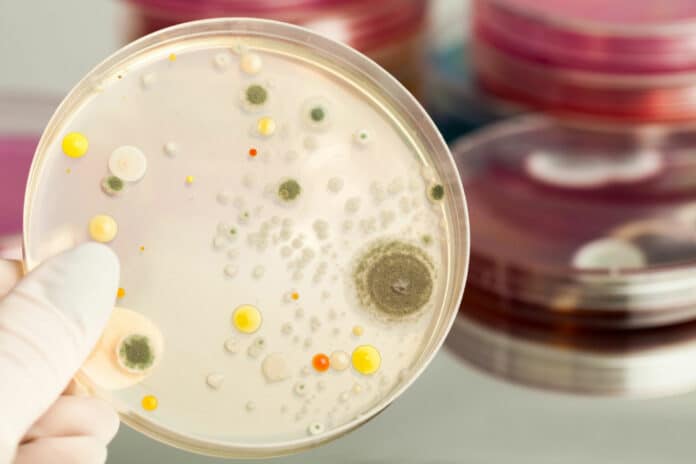The study investigates the effectiveness of an unconventional vaccine in combating superbugs, with a specific focus on Methicillin-Resistant Staphylococcus aureus (MRSA) and other drug-resistant pathogens. Superbugs pose a significant threat to public health due to their resistance to traditional antibiotics. This research explores the potential of a novel vaccine to protect against these formidable pathogens.
What if you could get a unique vaccine when you go to the hospital to protect yourself from solid and dangerous germs that can make you sick?
Well, researchers at USC came up with just that! They made a unique vaccine to stop these strong germs from causing severe infections. They tested it in mice, and after one shot of this Vaccine, the mice’s immune cells became super strong, like the Incredible Hulk. This protected them quickly against nine different germs that can make people sick.
Senior author Brad Spellberg, chief medical officer at the USC-affiliated Los Angeles General Medical Center (formerly Los Angeles County+USC Medical Center), said, “It’s an early warning system. It’s like Homeland Security putting out a terror alert. ‘Everybody, keep your eyes open. Keep an eye out for suspicious packages. You’re alerting the soldiers and tanks of your immune system. The Vaccine activates them. ‘Oh my god, there’s danger here. I better turn into the Hulk.’ I mean, when you have bad superbugs lurking, that’s when you want the Hulk waiting to pounce rather than Dr. Banner, right?”
USC Stevens Center for Innovation, the office managing USC’s technology, got a patent for the vaccine. A startup called ExBaq LLC received almost $1 million from the National Institute of Allergy and Infectious Diseases to help solve critical health problems quickly.
The pandemic encouraged a lot of new ideas for making vaccines, and government money and teamwork between universities and companies made a big difference. USC’s Stevens Center played a vital role in helping ExBaq develop this vaccine, which protects people from dangerous infections.
In the United States, more than 90,000 people die yearly because of hospital infections. This also costs the healthcare system much money, between $28 billion and $45 billion. According to the Centers for Disease Control and Prevention, on any regular day, about 1 out of every 31 hospital patients gets an infection from being in the hospital.
Brian Luna, an assistant professor of molecular microbiology and immunology at USC’s Keck School of Medicine, said, “Even if there were such vaccines, multiple vaccines would have to be deployed simultaneously to protect against the full slate of antibiotic-resistant microbes that cause healthcare-acquired infections.”
The particular vaccine works uniquely. Instead of killing germs like antibiotics, it boosts our body’s natural defense cells called macrophages. These cells eat up and destroy the harmful bacteria and fungi. They are like superheroes that quickly stop germs from spreading in our bodies.
What’s remarkable about this vaccine is that it doesn’t work like regular medicines. It doesn’t kill the germs; it strengthens our immune system to fight them off. It’s made from three things; two are already used in other vaccines. The third part comes from a tiny piece of a fungus that’s usually on our skin.
The vaccine has been tested in two different labs and has shown promising results. It starts working within a day and can be protected for almost a month. In tests with lab animals, the vaccine boosted the number of infection-fighting cells in the blood, making them better at fighting off severe infections in the blood and lungs. They also think taking a second dose might provide extended protection.
To make the vaccine, a group of researchers formed ExBaq LLC. They talked to more prominent companies like AstraZeneca, who agreed to test the vaccine in their experiments and found that it worked.
Now, the next step is to ask the FDA for advice on how to test the vaccine in people. They want to study with healthy volunteers to determine how safe the vaccine is for people and if it strengthens their immune system, just like it did in mice.
Journal Reference:
- JUN YAN, TRAVIS B. NIELSEN et al., A protein-free vaccine stimulates innate immunity and protects against nosocomial pathogens. Science Translational Medicine. DOI: 10.1126/scitranslmed.adf9556.
